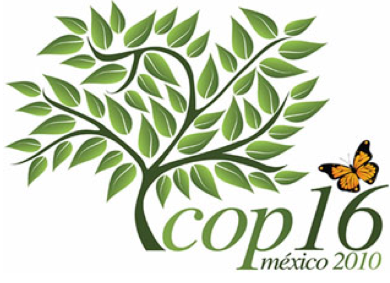UNFCCC Subsidiary bodies adopted draft decisions on, inter alia: strengthened support to developing countries efforts in adaptation and mitigation, including concrete technology transfer projects; carbon capture and storage; the LDC Expert Group; and education, training and public awareness.
 4 December 2010: On 4 December 2010, the UNFCCC Subsidiary Bodies for Implementation (SBI) and Scientific and Technical Advice (SBSTA) completed their work for their sessions in Cancun, Mexico.
4 December 2010: On 4 December 2010, the UNFCCC Subsidiary Bodies for Implementation (SBI) and Scientific and Technical Advice (SBSTA) completed their work for their sessions in Cancun, Mexico.
At the end of their 33rd sessions, the subsidiary bodies forwarded a number of draft decisions for adoption at the final plenary, to be held on 10 December 2010. The drafts include decisions on continued, strengthened support to developing countries’ efforts in adaptation and mitigation, including concrete technology transfer projects. Patricia Espinosa, President of the Conference and Secretary for Foreign Affairs of Mexico, noted that the draft decisions “show that countries have come to Cancun in good faith to show the world that the multilateral process can deliver as long as a spirit of compromise, cooperation and transparency prevails.”
Among the decisions is a near agreement that carbon capture and storage (CCS) may be an eligible project activity under the Kyoto Protocol Clean Development Mechanism (CDM), provided it complies with stringent risk and safety assessments. This presents ministers who will be providing political guidance to the negotiations with only two clear options on the issue.
Another draft decision aims to broaden the mandate of a Least Developed Countries (LDC) Expert Group and extend its mandate for a five-year term, the longest period given to the Group since its establishment in 2001. The Group provides technical guidance and advice to LDCs on the preparation and implementation of national adaptation programmes of action (NAPAs). Countries also agreed to strengthen education, training and public awareness on climate change through increased funding for such activities, and to engage civil society more strongly in national decision-making and the UN climate change process. [UNFCCC Press Release] [IISD RS Coverage of the Cancun Climate Change Conference]